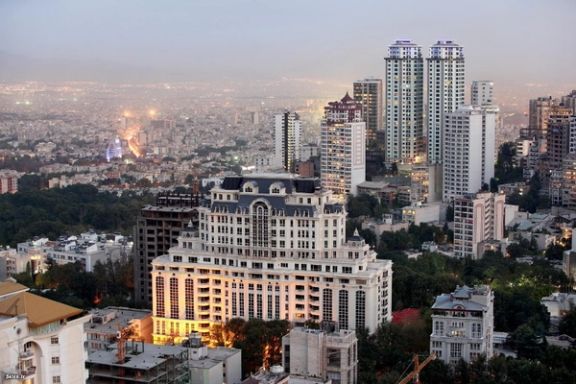Iran Targets Luxury Home Tax Amid Budget Deficit

In an effort to bolster revenue, the Iranian government has identified 110,000 luxury homes to tax, cracking down on the country's affluent homeowners.

In an effort to bolster revenue, the Iranian government has identified 110,000 luxury homes to tax, cracking down on the country's affluent homeowners.
According to the annual tax law, properties exceeding 400,000 USD value face a two per thousand tax on the excess value, with municipalities mandated to report property status to the Tax Affairs Organization.
Notably, residential units and villas under construction are exempt from this tax, and in cases of ownership transfer, the luxury home tax responsibility falls on the original owner starting from the Iranian New Year on March 21.
The government claims the objective in taxing vacant luxury homes is to discourage owners, not dependent on them for income, from keeping these properties empty to demand rents or sale prices higher than market values.
However, the move has sparked criticism, with some attributing it to the government's financial constraints due to sanctions and low oil revenues. Critics argue that the government is resorting to extracting more money from citizens, as they face a large budget deficit.
The amount of the Iranian government debts has increased about 900-fold over the past decade to $60 billion. This would be as much as 850 million barrels, or two years’ worth of oil exports at normal market prices.
Iran's economy, where 80% is directly or indirectly controlled by the government or semi-official entities, has faced challenges despite a privatization drive initiated 15 years ago. The effort has, in some cases, resulted in the creation of quasi-governmental firms controlled by influential figures, limiting competition and relying on public funds to sustain operations.